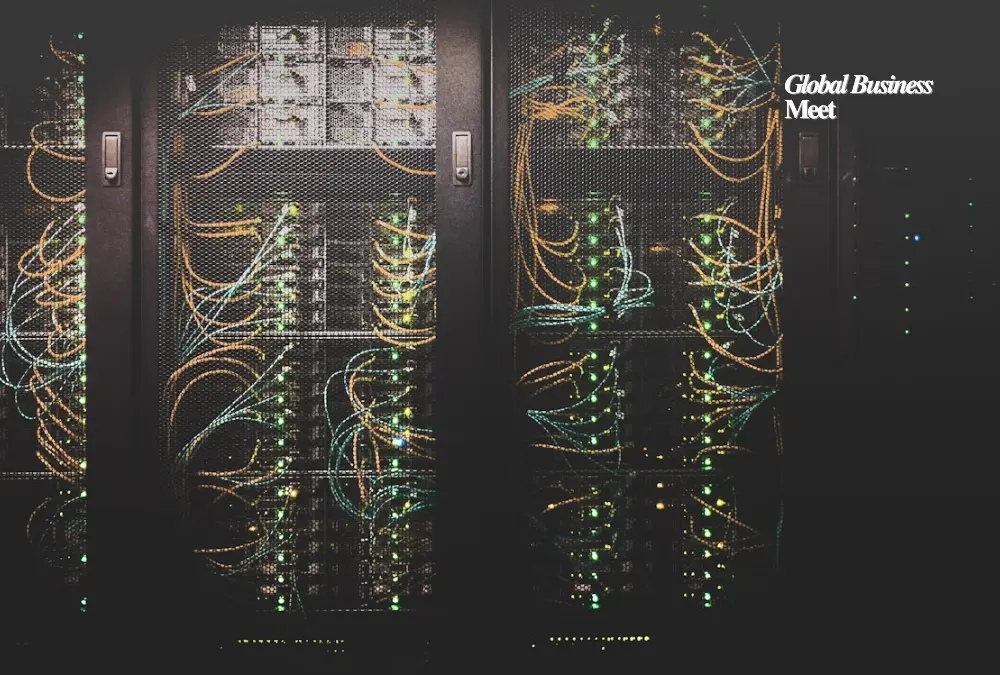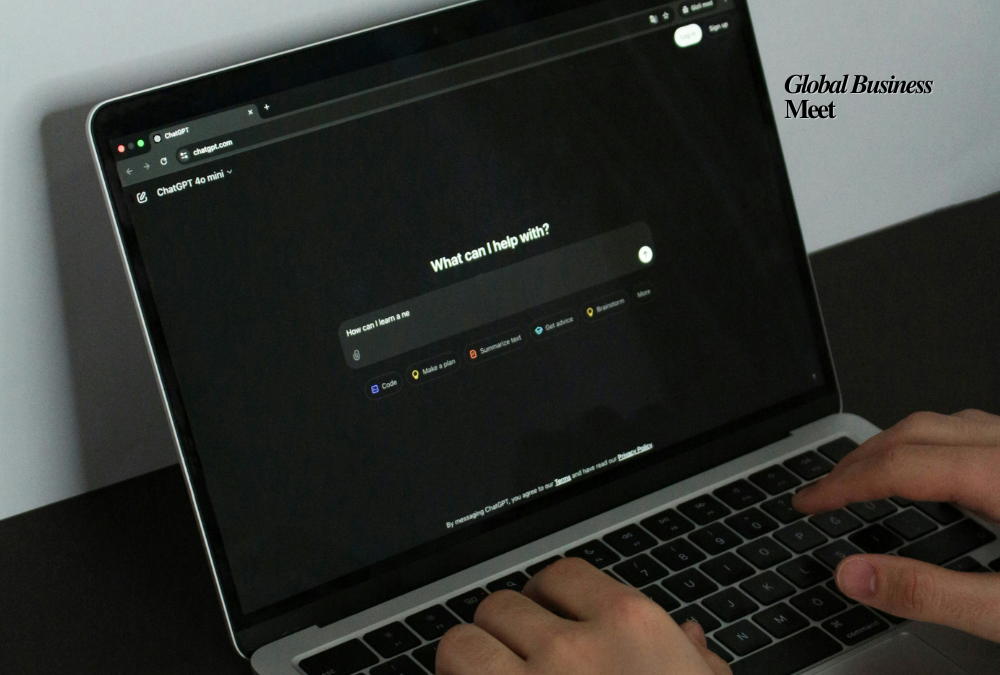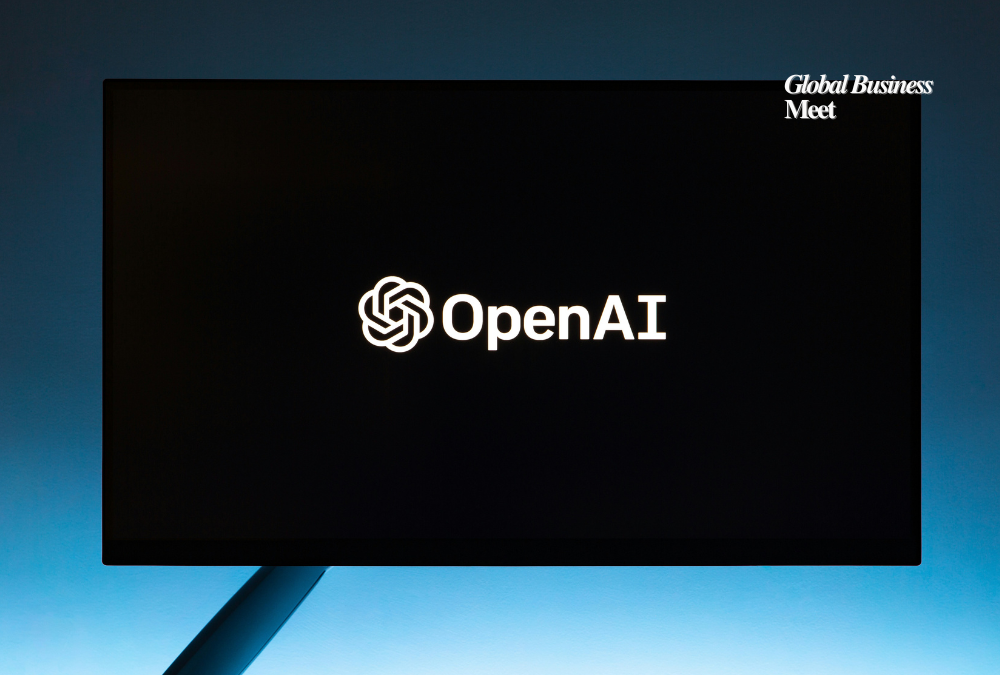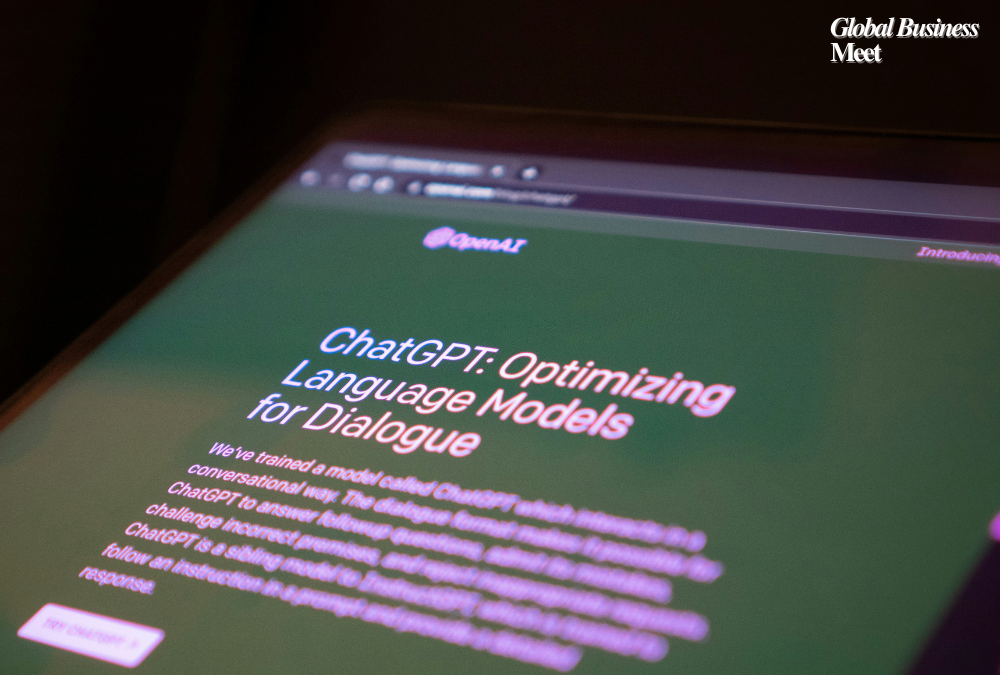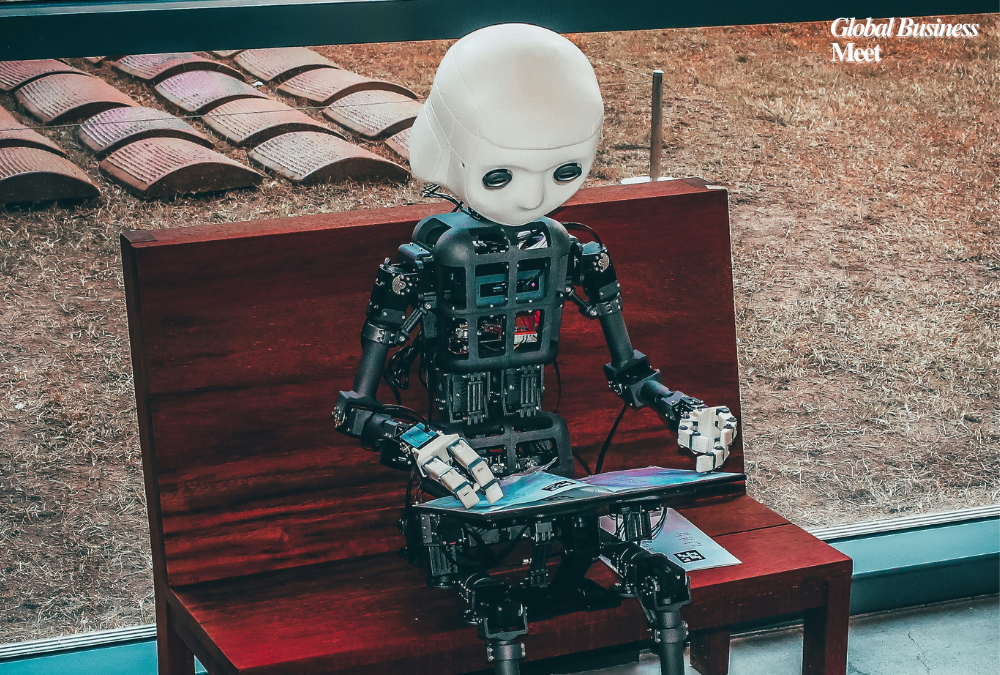
In making its first venture into the cyber security space with a co-led $43 million Series A funding in Adaptive Security, a New York-based company that builds AI-driven cyber security simulations, OpenAI has gone into the cyber security space. Adaptive security hopes to combat social engineering attacks particularly those backed by generative AI technology. Its platform tests employee responses and conditions them to recognize advanced cyberthreats by simulating threats such as spoofing texts, deepfake audio, and phishing emails.
The venture, which has Andreessen Horowitz and OpenAI’s Startup Fund at its helm, reflects the growing concern that generative AI is significantly boosting the volume and complexity of cyberattacks. Traditional methods of employee security training are rapidly being rendered obsolete by the ease of access to technology that can create extremely good-quality fake messages or mimic voices. The special advantage of Adaptive is that it can provide very realistic, customized simulations that allow organizations to better prepare their staff for actual attacks.
Adaptive Security was started by Brian Long in 2023, a co-founder of the successful marketing platforms Attentive and TapCommerce, which were later acquired by Twitter.
His experience in mobile adverting and enterprise software has given him a deep understanding of how user behavior interacts with digital interaction, which is being used to combat cybersecurity attacks.
With this investment, Adaptive will be adding more engineers and product developers. In order to allow companies to keep ahead of increasingly creative and sophisticated cyberattacks, the strategy is to develop more sophisticated AI models capable of simulating an even wider range of threats and behavior.
The company also expects to expand its clients by targeting large businesses and institutions in key industries like government, healthcare, and finance.
OpenAI is interested in cybersecurity because it has realized that its own technologies can be misused. OpenAI is also demonstrating a proactive approach to reducing the risks of generative AI by investing in products like Adaptive Security. The collaboration also fits into OpenAI’s broader goal of ensuring that AI benefits humanity while reducing potential harm.
Because it is focused on mimicking “human-centric” attacks, Adaptive’s product stands out in a marketplace of other cybersecurity solutions. Adaptive attacks human error, one of the only remaining weak points in business security, while other cybersecurity companies are attacking infrastructure or code-based intrusion prevention. Its platform assists businesses in discovering areas where training must be done and how staff respond to pressure.At a larger level, this investment is a part of a new wave where AI leaders are stepping forward to finance defenses against the same threats that AI can potentially worsen. As generative AI continues to revolutionize offensive and defensive strategies in the digital realm, it is a reflection of the increasing need for smarter, behavior-driven cybersecurity solutions.





